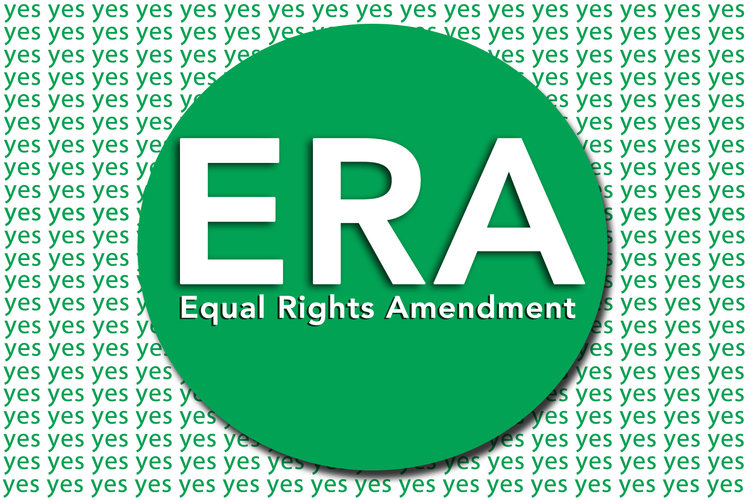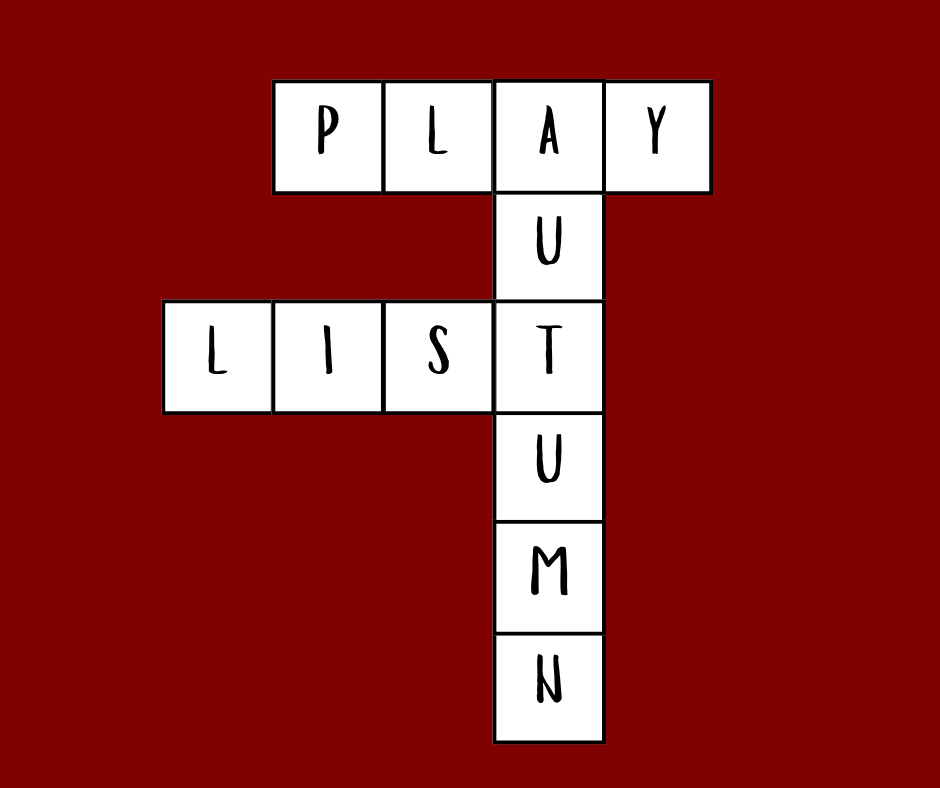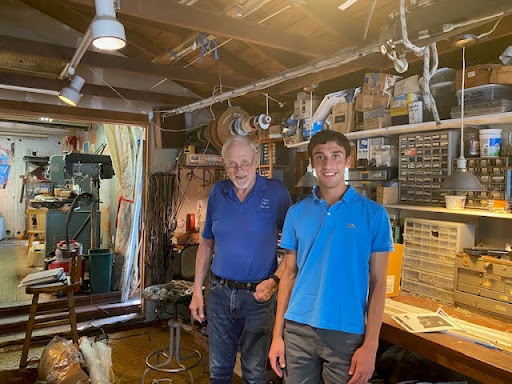April Wen and Siria Chapman: The Faces of Student Advocacy at OHS
A postcard designed pro-bono by artist Krista Niles features the ERA logo.
October 7, 2021
Political change in a democratic system is typically enacted by voters – so how can it be effected by those too young to vote? April Wen and Siria Chapman, sophomore students at OHS, believe that information is the most powerful tool to bring about change, even at daunting, nation-wide scales.
As the co-leaders of the Equal Rights Amendment Coalition at OHS along with Natalie Wang, Wen and Chapman carry on a legacy of high school student advocacy – evidence in support of the power of pure ideas that do not depend upon status or nepotism to be heard and proof that anyone can work to resolve legal injustices.
The ERA is a “fundamental remedy against sex discrimination,” says Wen. Often considered unnecessary due to the prevalence of gender equality in the U.S., the ERA legally guarantees certain rights to women and marginalized genders. According to Chapman, “while there have been pushes for equality for women over the years, there still is the wage gap and [many ways in which] women are unequal.” The pair of leaders also discussed gender inequality at a global scale and the prospect of the ERA acting as a model or inspiration for action toward equality in the world at large.
“I had never heard of the Equal Rights Amendment before I came to OHS. It was my first year in seventh grade when I discovered the ERA Coalition and I decided to join it. That started my interest in the ERA and I have been in the club ever since,” states Chapman. Similarly, Wen joined the ERA Coalition as a freshman and was inspired by the ambition of the club’s goal – to unite high schoolers with the purpose of enacting large-scale political change.
When asked about the club’s previous campaigns and primary tactics, Wen lists calls with governors, meetings with senators, collaboration with national ERA advocacy groups, and direct contact with voters as the most influential techniques employed by the club through its history. “[Spreading] awareness” is the most powerful tool, she maintains. “It is all really centered around voting and getting the bill passed.” The results of this campaigning have been substantial, even correlating to the vote of Illinois to approve the ERA after the ERA Coalition worked with a local Illinois chapter to inform residents of the state.
The ERA Coalition is not only focused on equality for women. As Chapman says, “it is also important for the LGBTQ+ community because [one is] not allowed to discriminate on the basis of sex … so it can help against transphobia and [prevent] laws against trans people. It is two important issues in one.”
While this work seems rather altruistic and aspirational, especially in a high school context which is often considered to be safely sequestered from the law and politics, Wen and Chapman attempt to ensure that every high school student sees the reality and fully appreciates the gravity of the situation. “Every woman/girl in the OHS community will be affected by inequality and the wage gap sometime in their lives, if not now,” states Chapman. Echoing this sentiment, Wen asserts that “even if the equality hasn’t really affected us now because we are students, it will definitely affect us [eventually], whether it is getting into college or getting a job.”
“It is an issue that has always been there and there hasn’t really been much change,” said Wen of the wage gap and the lack of legal prohibition of gender-based discrimination, an issue she is working to rectify. To the OHS student body and high schoolers on a larger scale, Chapman directs the central thesis of the ERA Coalition – “If [the ERA] were to be passed, it would definitely affect [all students], at least later in life … it would affect most women in America.”
If you would like to share your experiences or knowledge of the ERA, please fill out this survey. People of any gender are welcome to participate.






